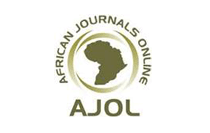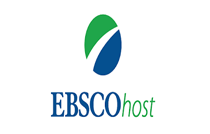Mansoura Veterinary Medical Journal
Document Type
Original Article
Keywords
Probiotic; Edwardsiella tarda; Histopathology; Ultrastructure; Serum analysis; Nile Tilapia
Abstract
Introduction: Edwardsiella tarda (E. tarda) is septicemic infection causes great economic losses in aquaculture.
Objective: The aim of this study was to determine the protective effect of two probiotics (Aquastar® and Biogen®) against experimental E. tarda infection in tilapia.
Methods: One hundred and twenty male and female Nile tilapias were divided from the beginning of the experiment into 4 groups: G1 was kept as control negative, G2a (Aqua) was the probiotic group fed on Aquastar® grow out probiotic, G3a (Bio) was the probiotic group fed on Biogen® probiotic and G4 infected with E. tarda bacteria. After 30 days, fish in G2a&G3a were divided into 4 subgroups: G2a&G3a were kept uninfected and G2b&G3b were exposed to E. tarda infection. The experiment was continued for another 30 days. Blood, hepatic, and intestinal tissue were collected for histopathological, hematological, and serum biochemical analyses.
Results: Significant histopathological changes in liver and intestinal sections of the E. tarda exposed group were seen together with loss of normal ultrastructure of intestine and significant alteration in serum and blood parameters at 30 and 60 days. In contrast the supplemented groups with probiotics for 30 days and challenged with E. tarda infection for another 30 days showed significant improvement in histopathology, ultrastructural, biochemical, and serum analysis.
Conclusion: Our data suggested that probiotics could decrease the pathological effects of E. tarda infection, improve the hematological and serum parameters, and thus promote the immunity and disease resistance of fish.
How to Cite This Article
Hatem, Aya; Awadin, Walaa Fekri; Ibrahim, Iman; and mostafa, Eman
(2024)
"Protective effects of probiotics against Edwardsiella tarda infection in Oreochromis niloticus,"
Mansoura Veterinary Medical Journal: Vol. 25:
Iss.
3, Article 5.
DOI: https://doi.org/10.35943/2682-2512.1242
Receive Date
Apr 02, 2024
Accept Date
May 31, 2024
Publication Date
2024






